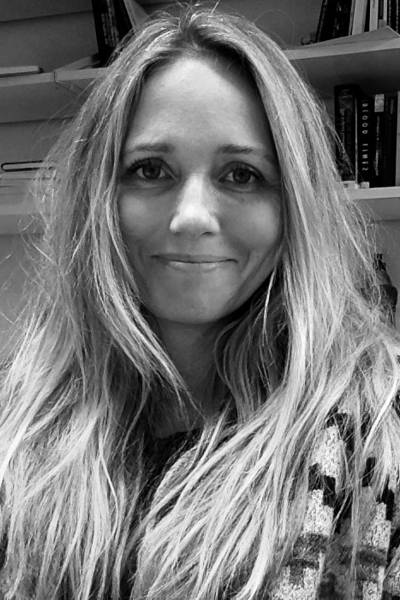Twenty years since the adoption of UN Security Council Resolution 1325 there is an almost unanimous call for an increased number of uniformed women in peace operations from policy-makers and multilateral organizations. This continuous push for the inclusion of more women is often justified by arguments about an increased operational effectiveness related to women's ‘added value’: both implicitly and explicitly advocating for greater gender equality. Yet, in this article, I contend that using instrumentalist arguments to increase the number of female peacekeepers may on the contrary undermine gender equality. This is related to the risk of producing self-fulfilling prophecies whereby female peacekeepers try to live up to the high expectations by fitting into gender-stereotypes and/or by working harder than their male colleagues. Rather than increase gender equality, such efforts risk transforming the female ‘added value’ to an ‘added burden’ which male peacekeepers do not have to carry. Anchoring the study in feminist theory with the aim to understand gendered relations of power, to illustrate my argument I draw on extensive interview material from military staff and peacekeepers in South Africa, Burundi, Belgium and Niger; interviews and informal discussions with female and male peacekeepers; and participation in several policy and research workshops on female participation in peacekeeping.
Wilén, Nina (2020) Female peacekeepers’ added burden, International Affairs 96 (6): 1585–1602.






